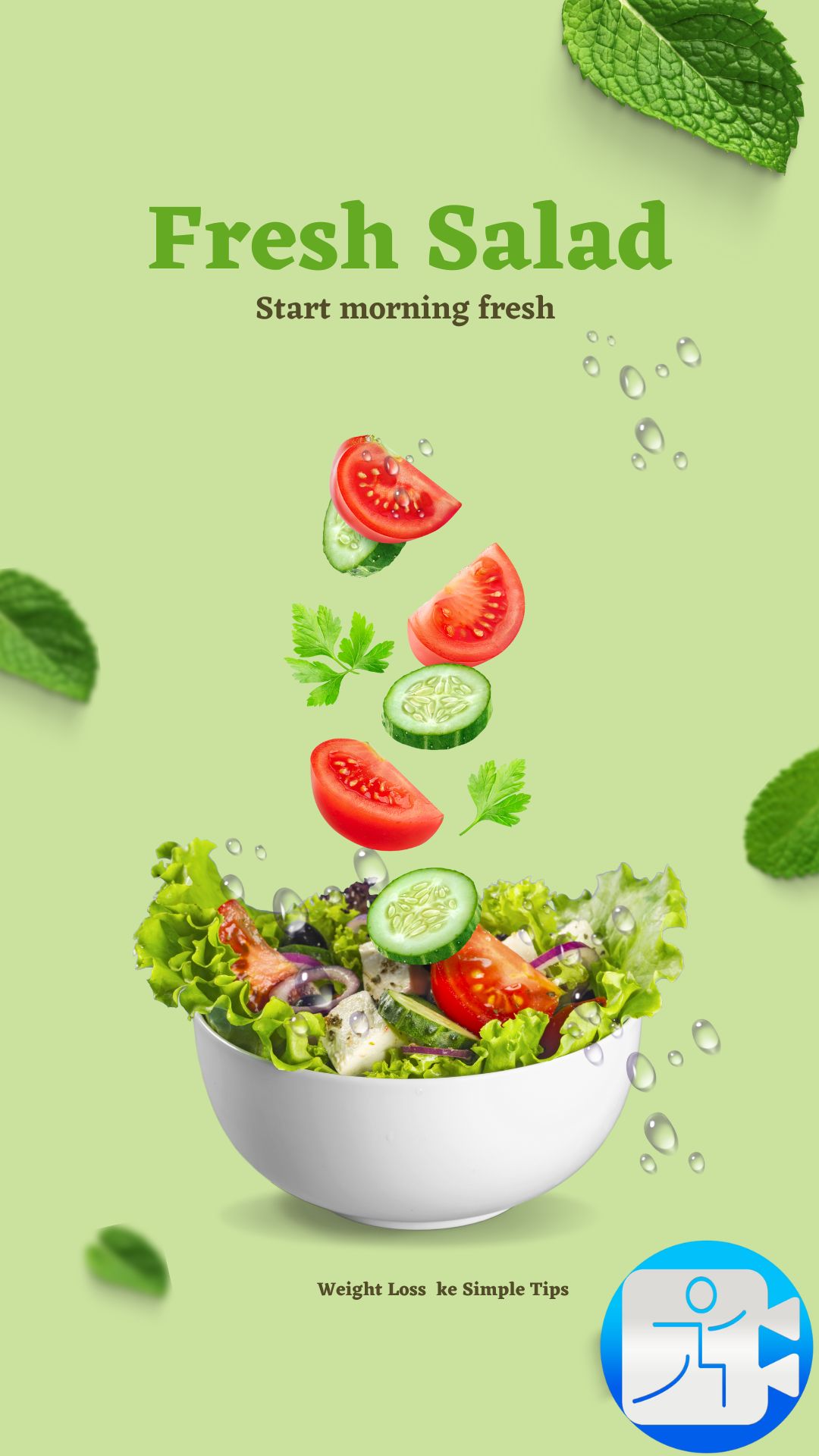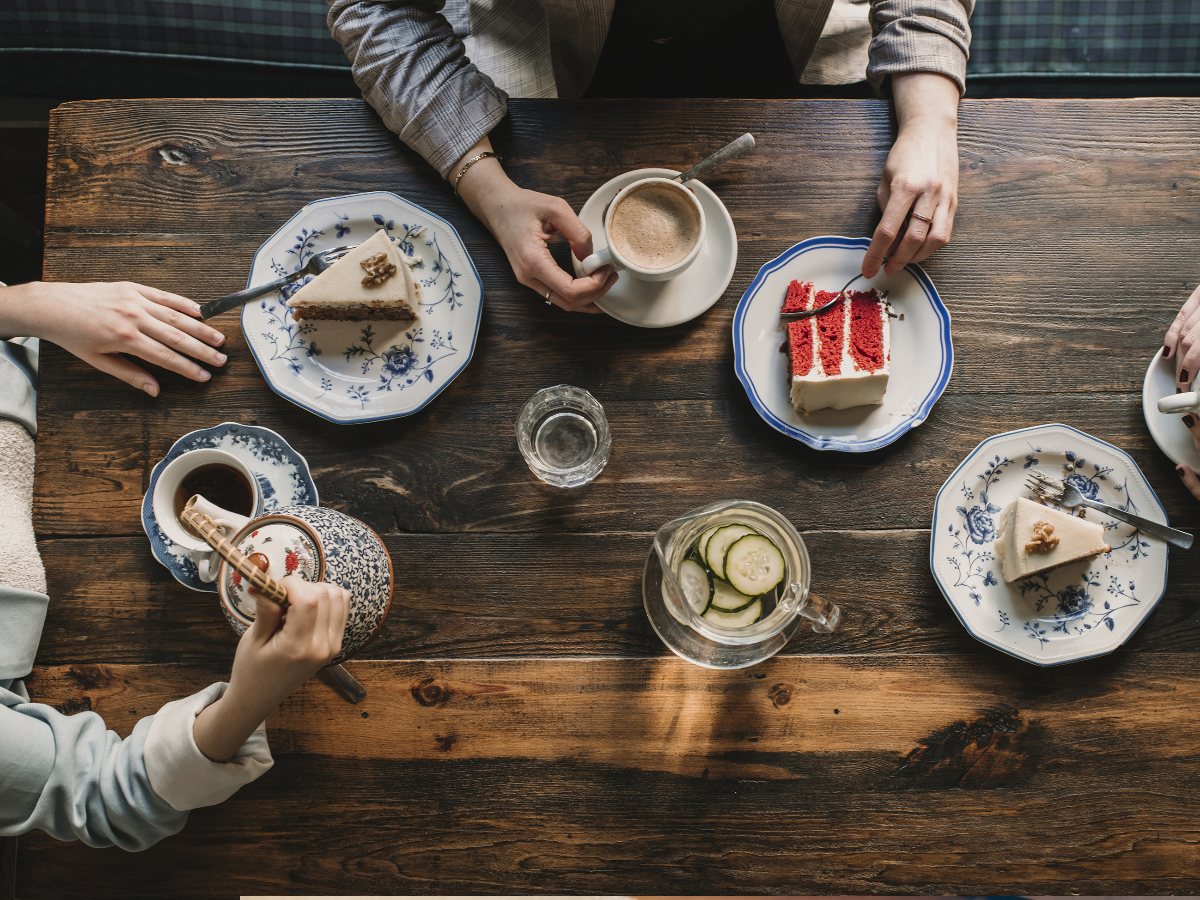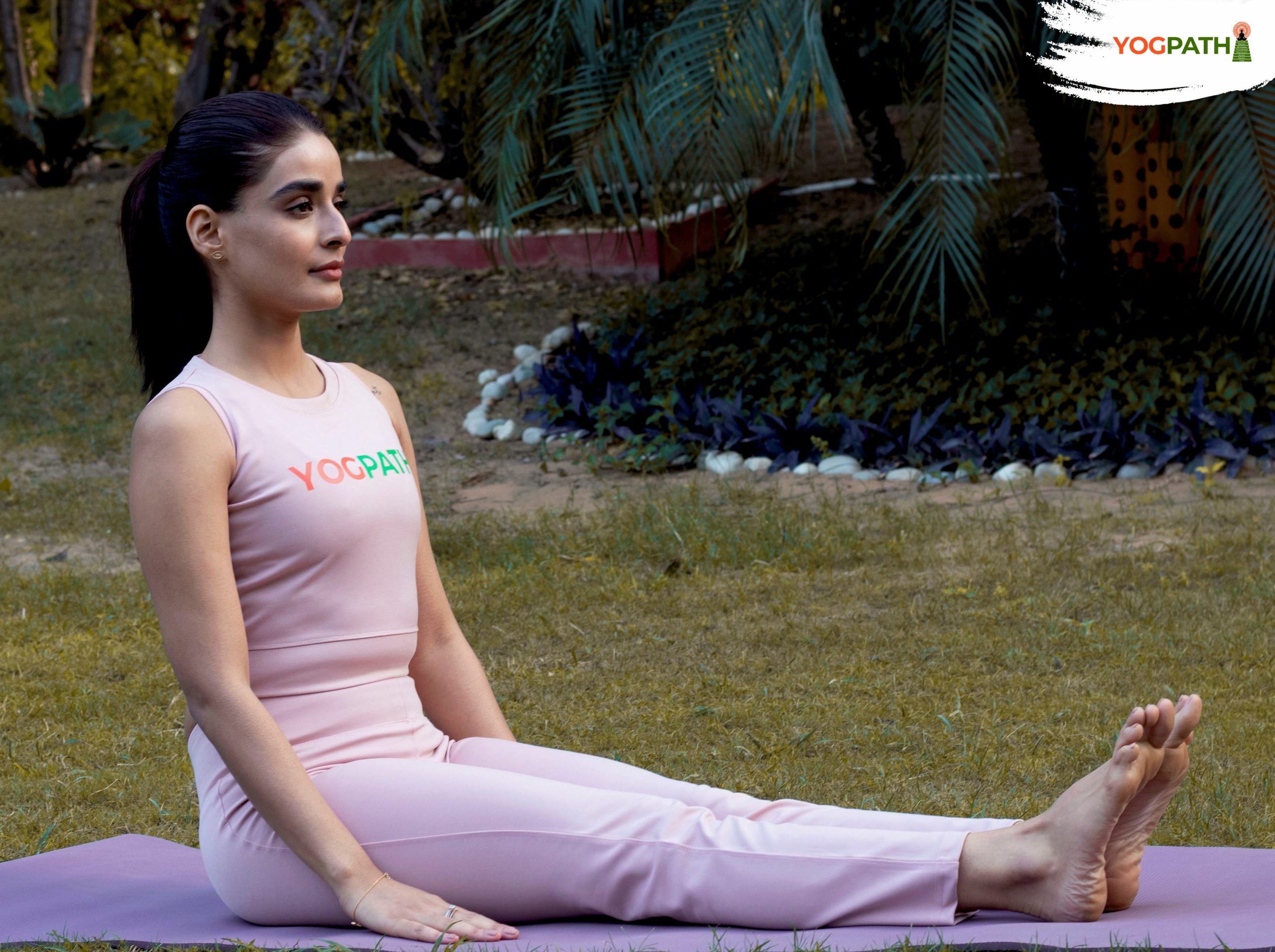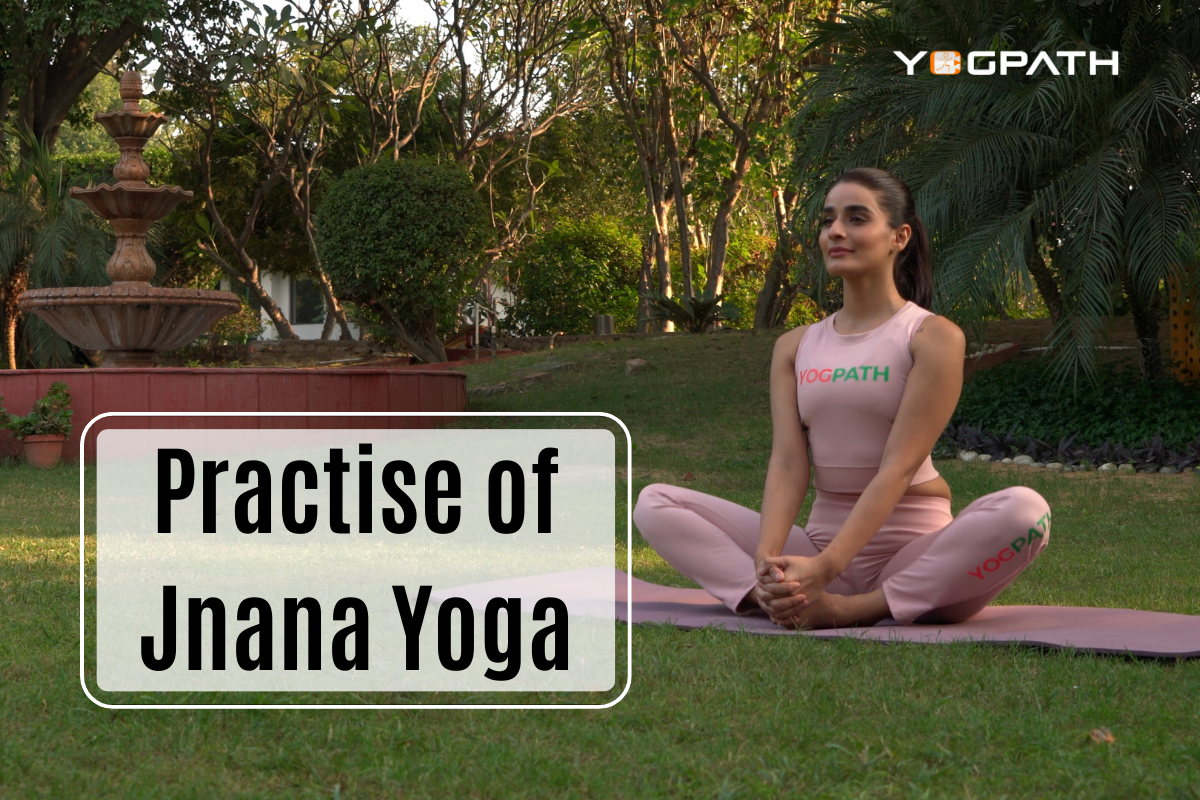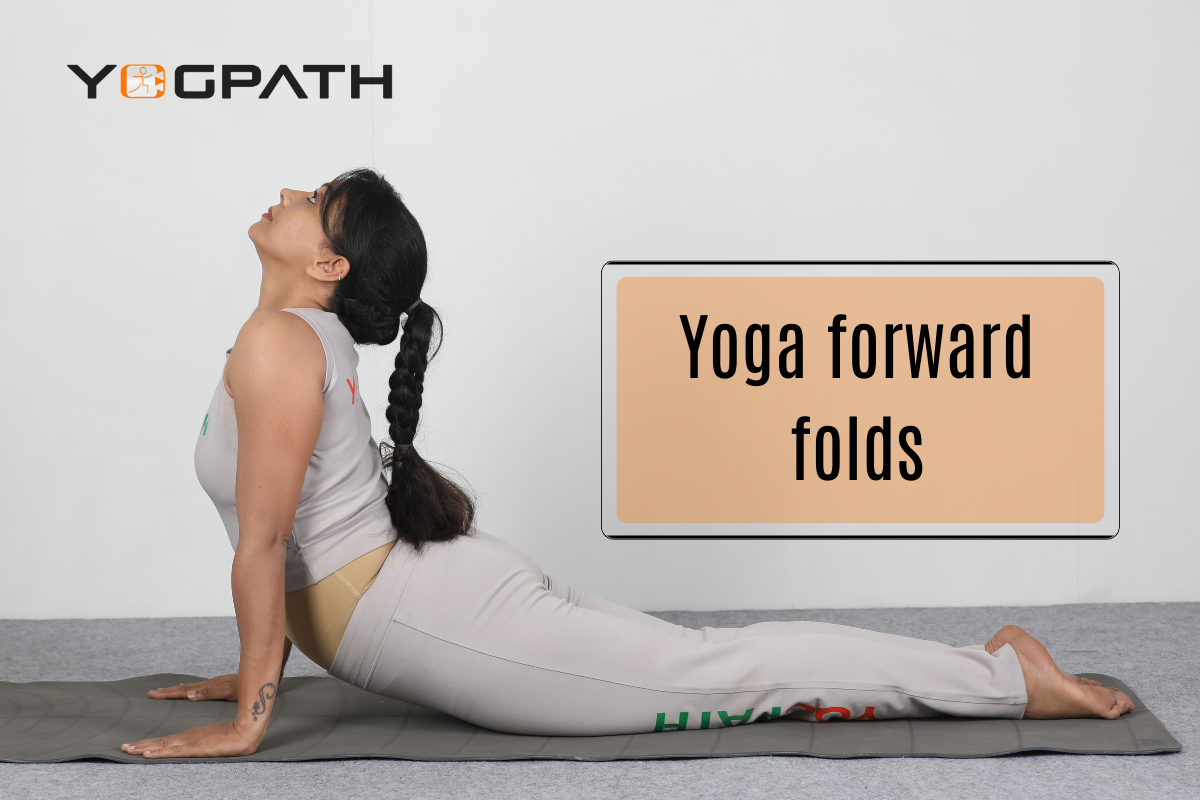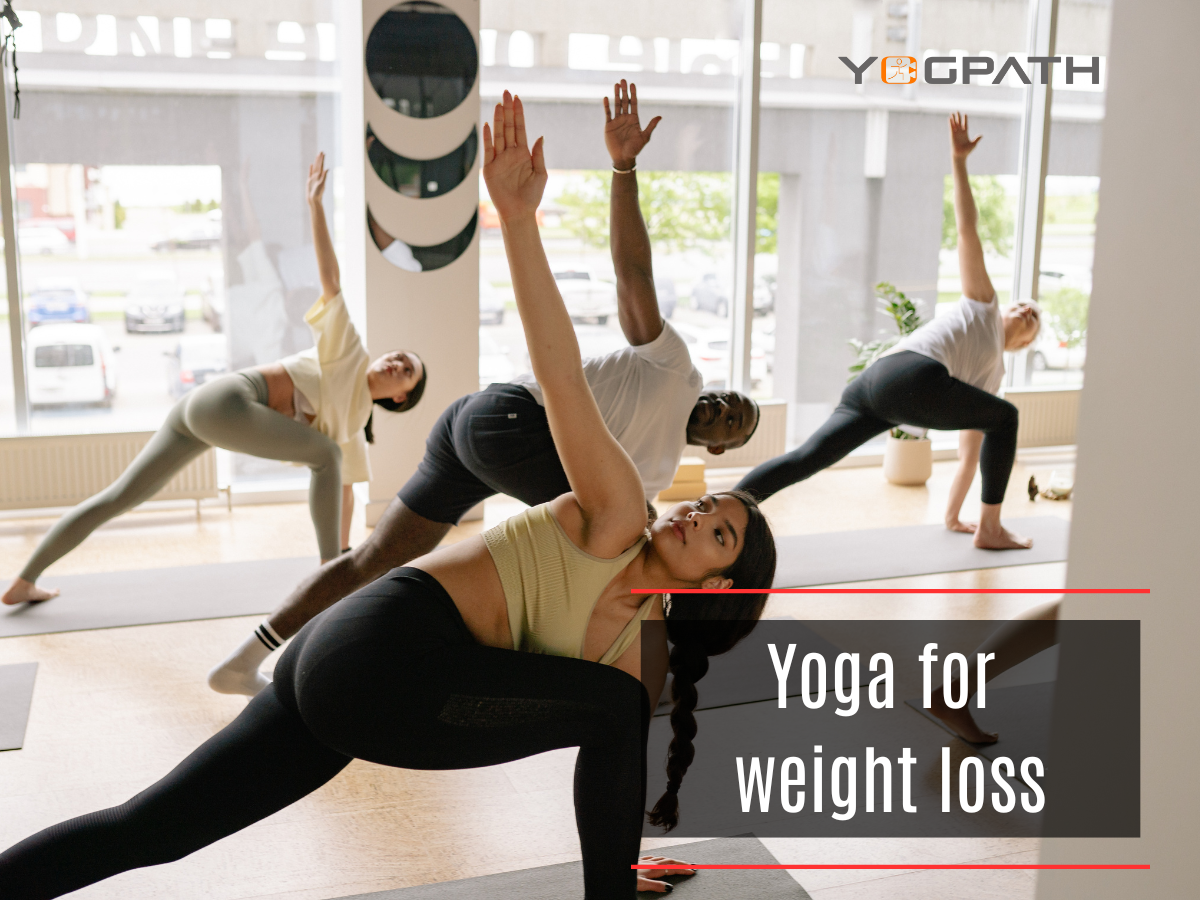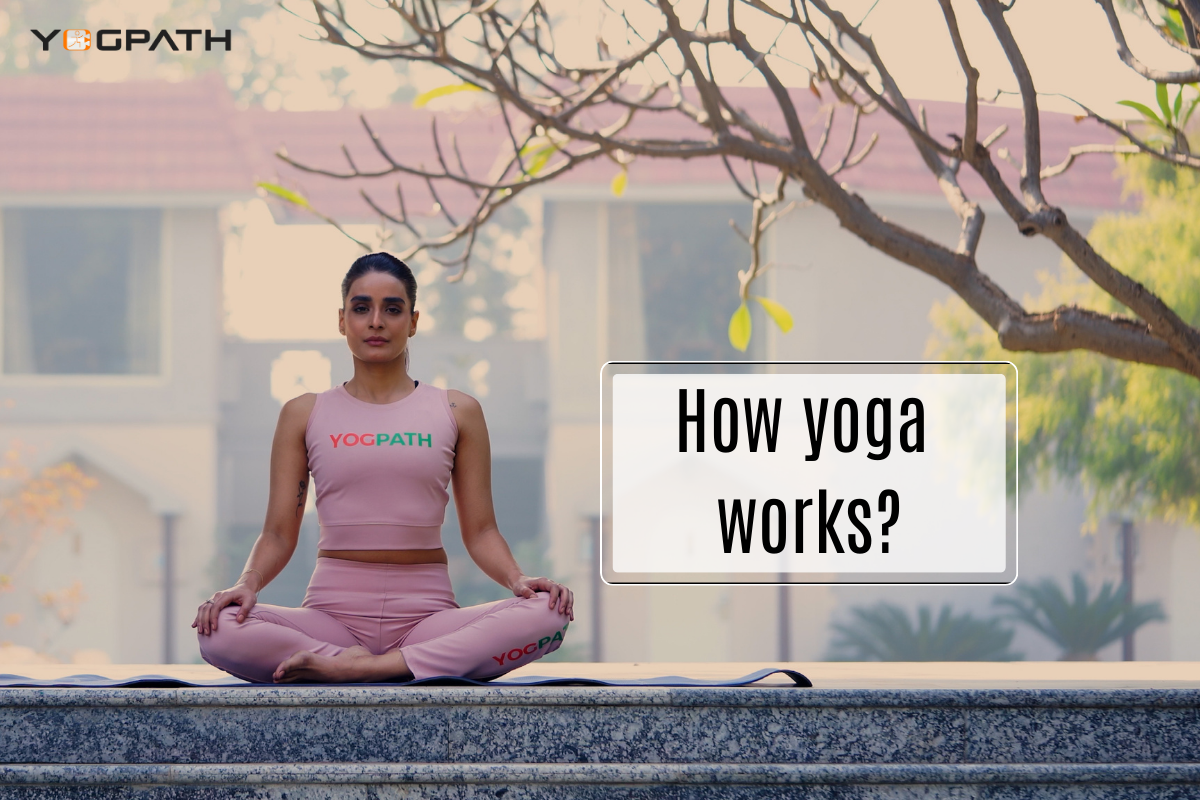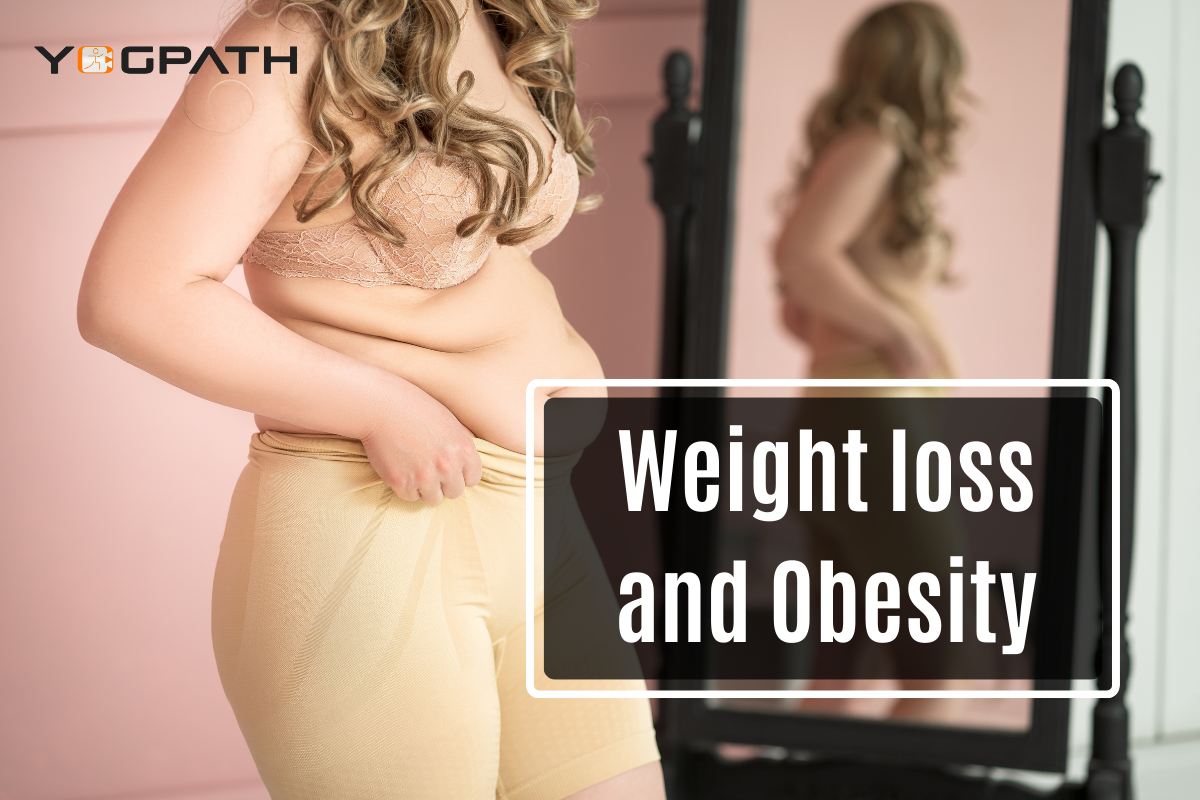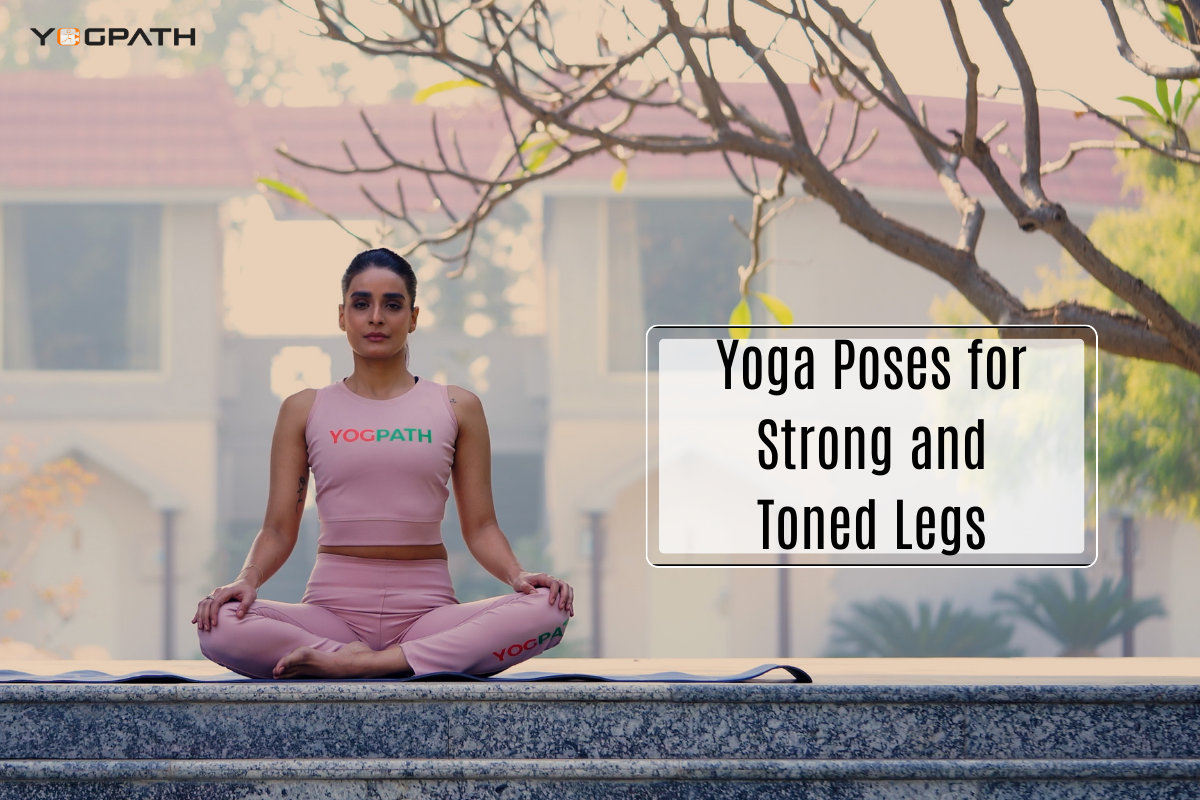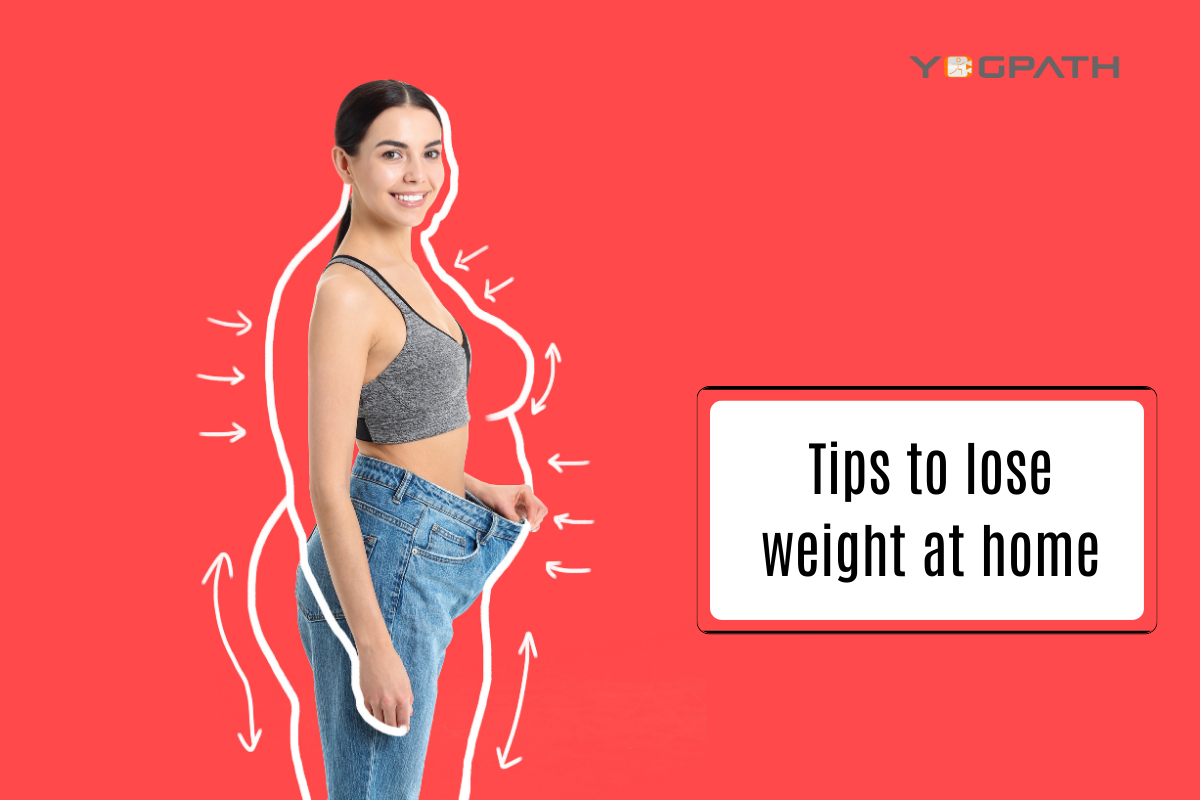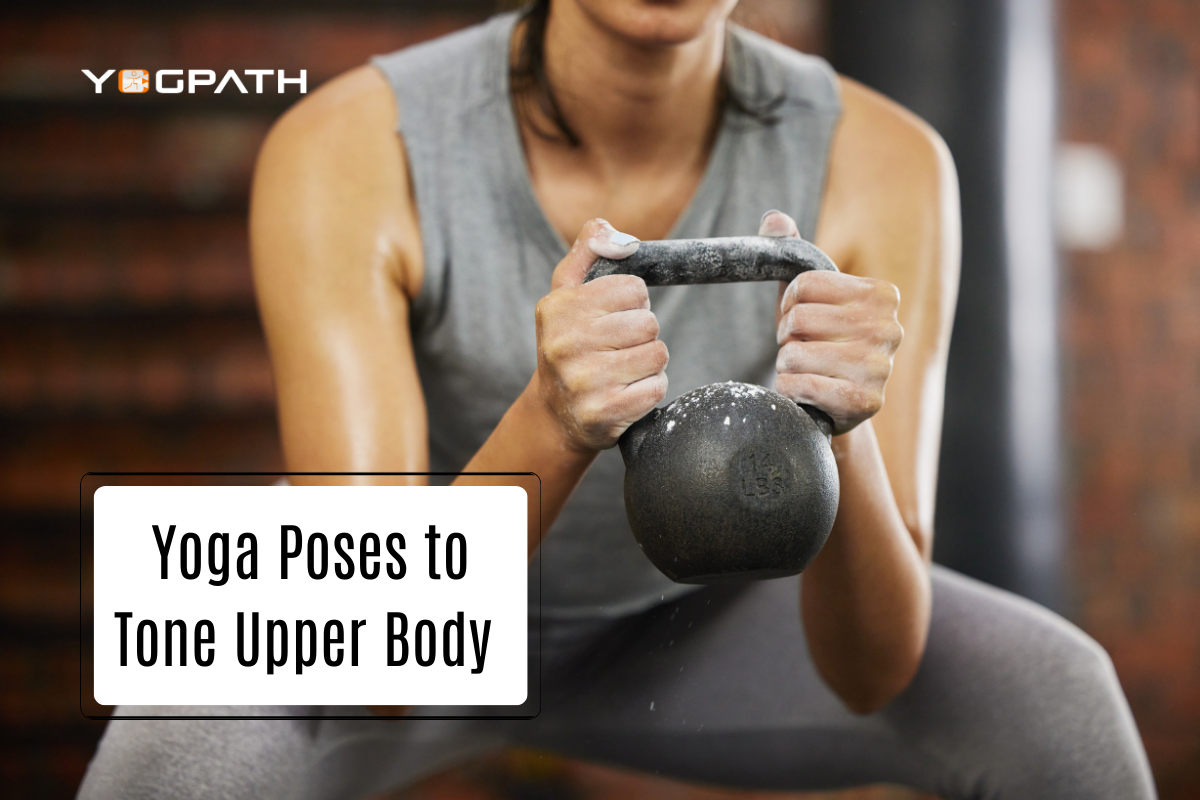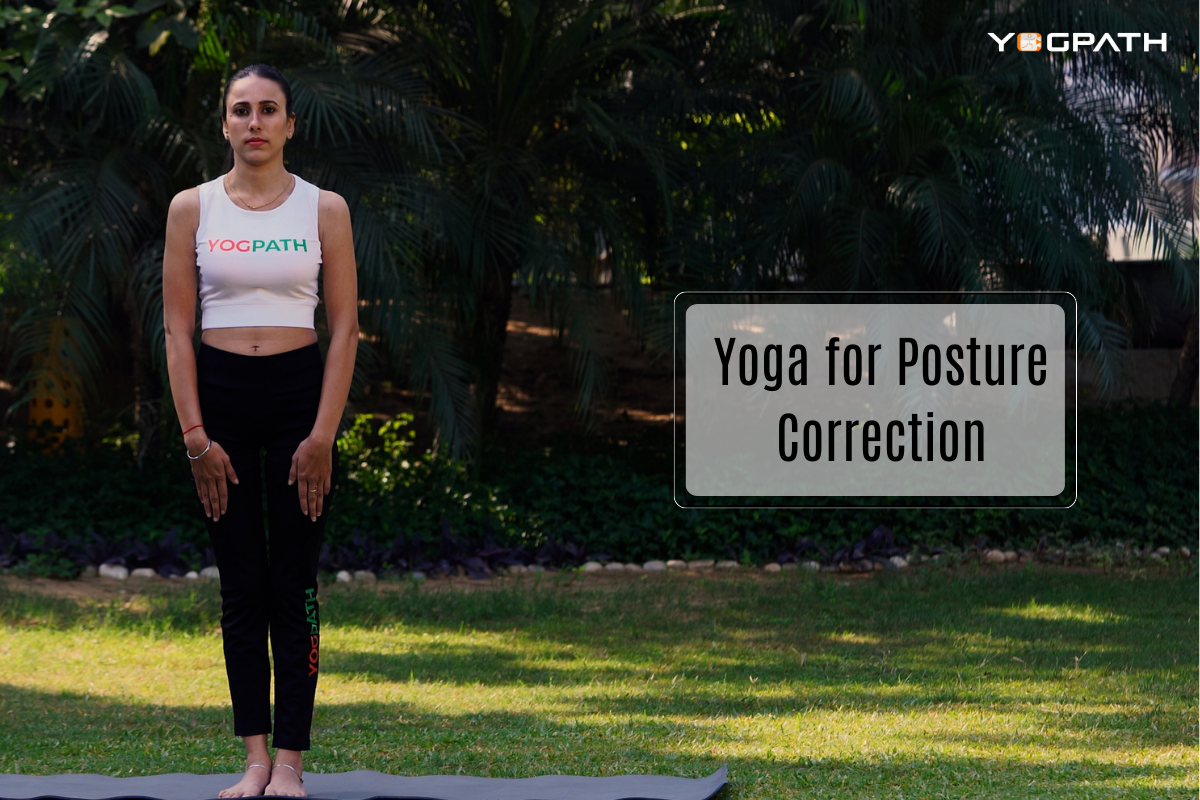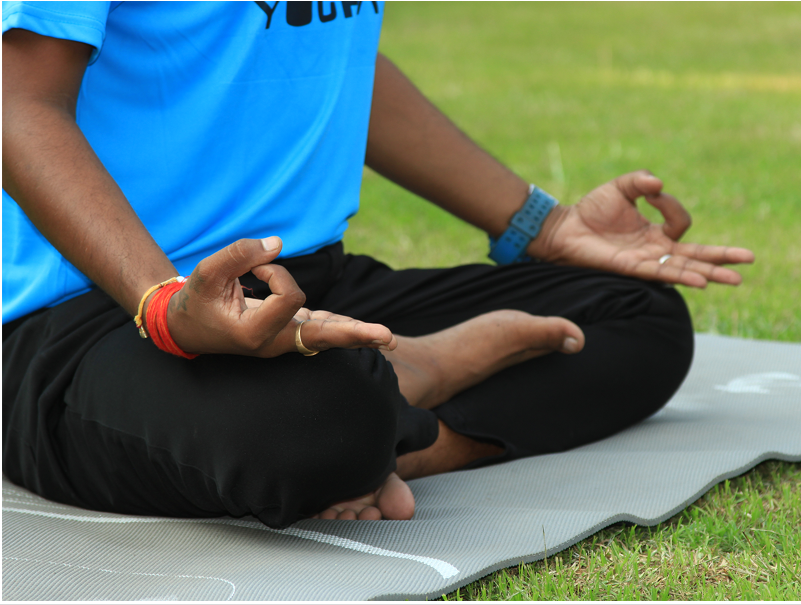
More than 40 million people in the U.S. suffer from anxiety, which is characterized by excessive, uncontrollable worry that frequently interferes with everyday living. Frequently, it is treated with psychotherapy, medicine, or a combination of the two.
Acupuncture, an ancient procedure involving the insertion of needles into the body’s pressure points, is gaining popularity as an alternative treatment for anxiety. There is some scientific evidence that acupuncture alleviates specific anxiety symptoms. Researchers are currently attempting to identify the efficacy of acupuncture on particular forms of anxiety, including panic attacks, post-traumatic stress disorder, and obsessive-compulsive disorder.
What are the advantages?
Numerous studies have examined the benefits of acupuncture on anxiety. These studies have mostly focused on generalised anxiety disorder and demonstrate that acupuncture is an effective treatment for generalised anxiety.
A promising 2015 study indicated that acupuncture relieved anxiety symptoms in patients who did not respond to conventional therapies, such as psychotherapy and medication. Participants got ten 30-minute acupuncture treatments throughout the course of the twelve weeks. Even 10 weeks after therapy began, they observed a considerable reduction in anxiety.
Nonetheless, two assessments of current research, one from 2007 and one from 2013, highlight that many studies on the topic are not very trustworthy. Others were poorly constructed, and others had a small number of participants, like the one listed above. On the other hand, acupuncture does not appear to have a harmful effect on anxiety, according to these evaluations.
In a 2016 study on rats, it was shown that acupuncture is beneficial for lowering anxiety. According to the researchers, it influences how the body starts the fight-or-flight response.
While more study is needed to determine how acupuncture affects anxiety, panic attacks, and phobias, it shows promise as a feasible and safe treatment option. If you have anxiety that has not responded to prior treatments, or if you just want to try something new, acupuncture should not exacerbate your symptoms.
Are there any potential hazards?
Acupuncture will not make your anxiety worse, but it does have certain risks and adverse effects. You can prevent the majority of them by seeing a qualified acupuncturist. In the United States, the procedures for obtaining a licence vary by state, but the majority involve passing an examination administered by the National Certification Commission for Acupuncture and Oriental Medicine.
The most common adverse reaction to acupuncture is discomfort following a session. This often disappears within a few hours; however, it may leave bruises. Some individuals also experience pinpoint discomfort during a session.
Acupuncturists with a valid licence are required to use sterile, disposable needles. You could get an infection if your practitioner used non-sterile needles.According to the Mayo Clinic, these problems are extremely rare if you consult an experienced, licenced acupuncturist.
Certain health issues exclude individuals from receiving acupuncture. You should avoid acupuncture if you:
- Possess a pacemaker.
- Possess a bleeding disorder, such as hemophilia.
- In addition, it is essential to continue with any ongoing anxiety therapy, including any prescribed drugs. You should not discontinue any drugs without first seeing your physician.
What to anticipate
At the beginning of your first consultation, your acupuncturist will inquire about the symptoms you wish to cure. In addition, they will inquire about the drugs you use, your medical history, and any further health issues you may have. This is the opportunity to ask any remaining questions concerning the procedure.
During your real session, long, thin needles will be inserted into various pressure spots on your body. This could take anywhere between 10 and 30 minutes, depending on the pressure points used.Additionally, your acupuncturist may twist or administer an electrical pulse to the needles. They will keep the needles in for up to twenty minutes before carefully extracting them.
You will probably not experience immediate delight. The majority of acupuncture sessions are repeated. Some individuals report instant benefits, but the majority observe modest and gradual changes after many sessions.
Ensure you are aware of the charges involved before to departure. Certain health insurance policies include acupuncture for physical or mental health disorders, such as anxiety, while others do not.
The conclusion
Anxiety may be effectively and safely treated with acupuncture. However, there is hope, and the treatment should not exacerbate your problems.
Ensure you locate a fully trained, licenced acupuncturist in your state; these professionals will be registered with the state health board. It is also crucial to adhere to other therapies for anxiety, such as counselling and medication. You may also choose to employ alternative treatments, such as meditation, relaxation, and exercise, to relieve stress and enhance your general health.
Anxiety Relapses: The Allure of Poor Habits
When I’m experiencing a period of anxiety, it might feel as though it will never stop.
The negative dialogue flowing through my thoughts never ceases. My chest pains will never disappear. Forever, I will be in a condition of tremendous discomfort.
Then, gradually, step by step, it begins to subside, and I emerge with a revitalised sense of self and a place of healing and confidence. This tranquilly always appears miraculous.
It is so thrilling that I frequently fall back into the trap doors I just climbed out of. The sense of being liberated from the burden of anxiety is so freeing that unhealthy habits begin to appear attractive once more.
As a result, I pamper myself by accumulating small temptations like a house of cards. And the funny thing is that I am aware it will ultimately crumble under the weight of my recurring worry, yet I do it nonetheless.
Here’s how it happens:
Bad sleep hygiene
When a wave of fear has passed and I’m riding the euphoria of a resurrected appetite for life, my first micro indulgence is to ignore my sleep schedule.
My sleep regimen is sensitive, precisely calibrated, and susceptible to coming apart at the smallest variation due to years of sleeplessness.
It begins with viewing an additional episode of whatever television series I am currently binge-watching. I know it’s vital to give my eyes a vacation from screens before nightfall, but in my stimulated condition, the hypnotic glow of the laptop screen lulls me to sleep.
Instead of turning off the device, dimming the lights, and giving myself an hour to read while sipping a herbal sleep tea mix, I spend hours riveted to it.
You would assume that being a sofa zombie for two hours before bed is a nice thing. However, when I finally convince my brain to order my hand to close the laptop and instantly go under the covers and close my eyes, my mind continues to rush with ideas of the show’s characters.
With this plus a couple beers right before bed, I’m setting myself up for a night of restlessness.
This agitation may burn a few calories, but it will not calm my mind. It is one tiny step toward relapsing into an anxiety attack.
Overbooking social engagements
I am very aware of the need to take time to refresh. My pals quip that I have overused the expression “recharge my batteries.”
As a highly introverted individual, this is especially true. Hanging out with others depletes me rather than energises me.
However, after emerging from a time of heightened anxiety and the accompanying social isolation, my natural inclination is to fill my schedule with social engagements. When I have the energy, I still want to mingle and spend time with friends and family, despite being an introvert.
On Tuesday, I enjoyed a beverage with a pal. We have a Wednesday date. a performance on Thursday. Another Friday date (Why not purchase two? I’m feeling fantastic!)
Around Wednesday afternoon, a few hours before my date, my mind begins to feel a bit drowsy and anxious due to lack of sleep. Naturally, I block the emotion from my mind and go with the date, the concert, and the remainder of the week.
Maybe I top it all off with a weekend lunch with my family, which invariably turns into a fiasco when my exhausted mind transforms me into a grumpy lunch goblin intent on whining about the food and answering my mother’s good-natured remarks with mostly “Nope!”
At this time, I begin to experience an increasing sensation of dread as a little ball of worry builds up. However, rather than returning to positive habits, I double down.
Caffeine and beer for compensation
For me, doubling down means restoring my exhausted mind with an increased dose of coffee and alcohol.
To get me through the workweek, I need caffeine—a couple hours of beer to dull my thoughts and put them to sleep (until I wake up with a full bladder and a restless mind).
These chemical aids appear to be effective for a few days. The more exhausted I am, the more coffee I consume to keep awake and the more beer I consume at night to induce sleep.
More coffee refills in the morning and teas in the afternoon; more lagers, pilsners, and pale ales in the evening; more, more, more, till the word “more” loses its impact. Eventually, the sleepless nights and cloudy days drive me over the edge, forcing me to collapse severely.
When I’m obstinately sticking to harmful habits, I fall for a day and begin the cycle again, knowing it’s a poor choice but rejecting it anyway. The restless nights and restless afternoons persist.
I have the impression that the small ball of dread I felt a week ago has snowballed into something larger, more hazardous, and with rising momentum.
Eating crap
In the middle of this orgie of poor behaviours, clinging to a fleeting sense of post-anxiety euphoria, I stuff my body with junk food. It is simple to consume junk food, and it typically tastes fantastic as well. Why should I make the effort to prepare a healthy, balanced dinner at home when sweet carbohydrates and fatty snacks are readily available?
Having a hamburger and fries for lunch, and beer and chips for supper. The next day, I’ll have a fried chicken sandwich. And never-ending.
Caffeine completely suppresses my hunger, which appears to be a brilliant strategy to avoid the burden of feeding myself. Beer also satisfies my hunger, and occasionally it even helps me go to sleep.
I presently live alone, so this anti-diet loop can go unchecked for weeks. And by then, it is typically too late to halt the impending worry tsunami that is about to slam into me.
The slip-up
My house of cards crumbles due to my bad diet, lack of sleep, overindulgence, and caffeine-fried, beer-impaired state of mind. A severe anxiety attack follows.
I am once again experiencing uneasiness in my chest. I am once again frozen mid-thought or mid-action, uncertain of what I was thinking or doing. I’ve returned to hyper-self-awareness and ceaseless reflection.
It is a frustrating yet all too common condition. When it occurs, I am willing to do everything to get out of it, even if it means abandoning all my bad habits and starting over.
I will soon take little actions to assist my mind and body: less television before night, less caffeine and alcohol, less junk food, less overeating, and less weariness.
Slowly, I’m beginning to feel better; my self-consciousness is giving way to confidence, and I’m on the road back up.
Closing consideration
I’ve experienced this cycle several times. But I’ve also learned from it; moderation is now my motto.
One beer may be just as soothing as three with supper. One Netflix episode instead of two gives me more time to decompress before bed and keeps me from burning through a new season in a week. Life is typically just as enjoyable, if not more so, and I am less prone to slip into this self-destructive pattern.
I should also note that my anxiety is not always caused by poor behavior. Sometimes, despite my best efforts, I get a severe anxiety attack. Those are the instances in which I must dig deep to discover a solution.
It is easy to feel like quitting. And occasionally I do for a while.
Those are also the most irritating times for a buddy to inquire, “What’s wrong?” What occurred? What causes you to be so anxious? I wish I were aware. However, anxiety does not have obvious causes or easy solutions.
If you suffer from chronic anxiety as I do, you know that it frequently appears to come and go at random. Nevertheless, you may assist yourself by avoiding unhealthy behaviours and striving for moderation, even if it doesn’t always work out.
